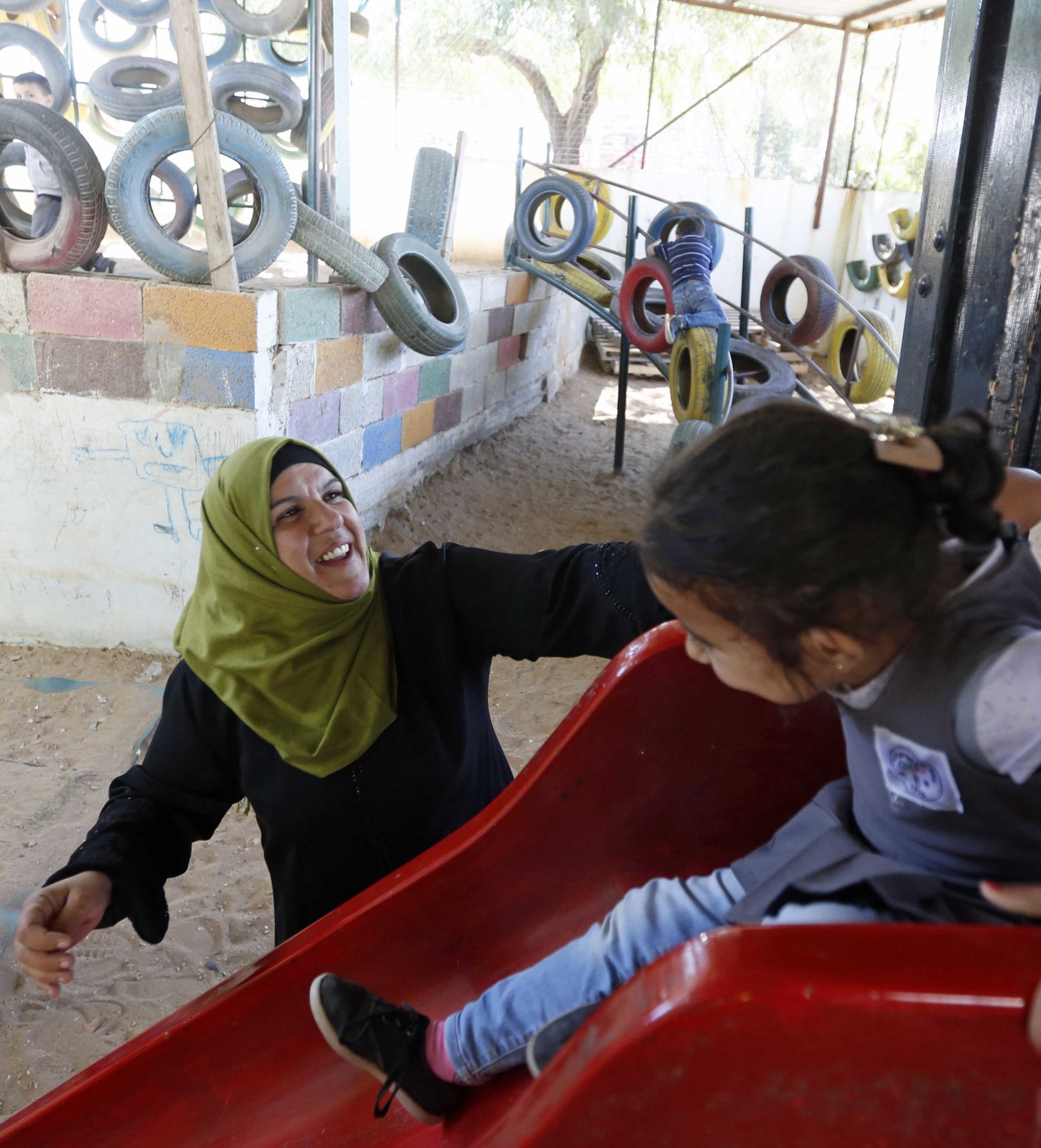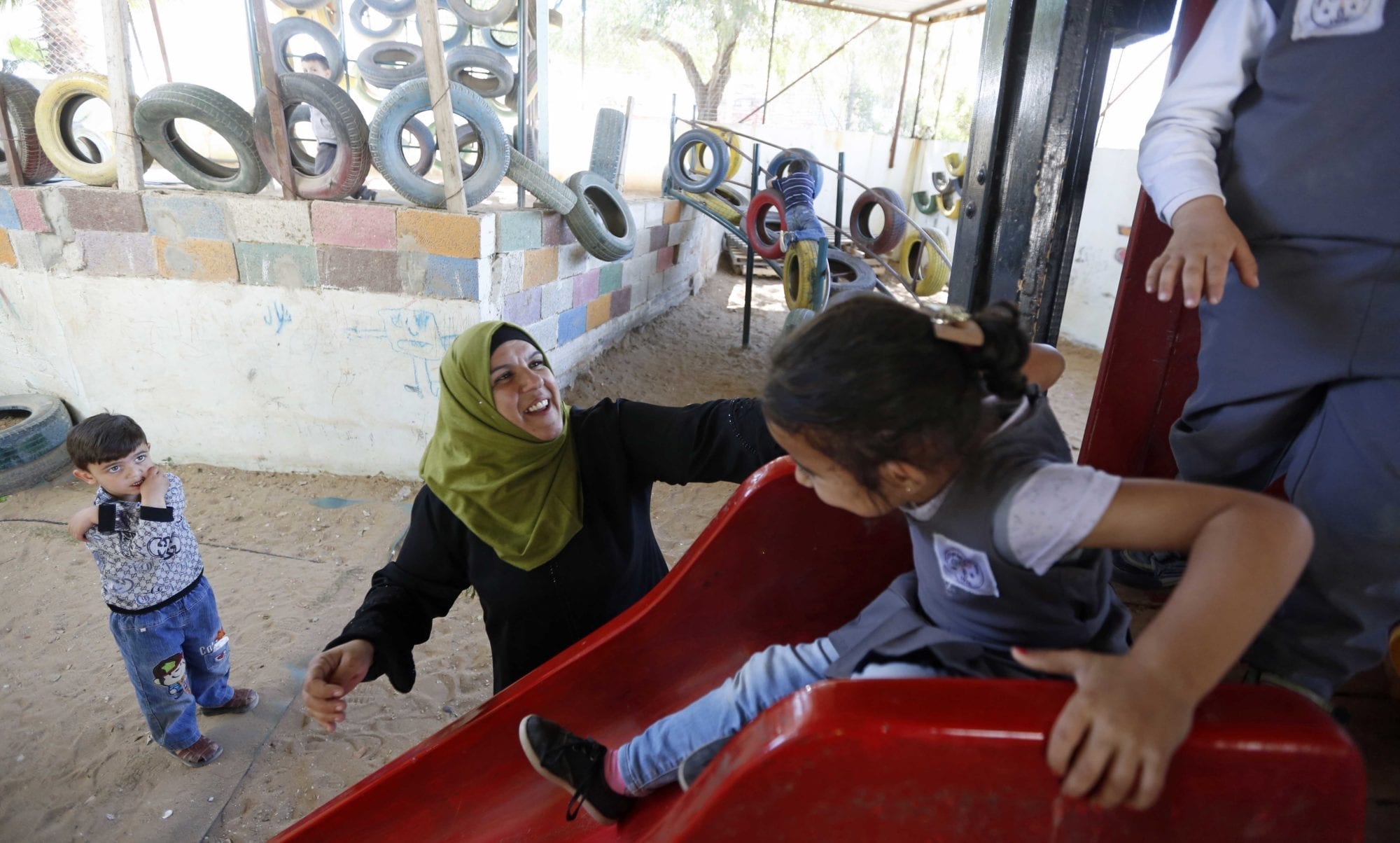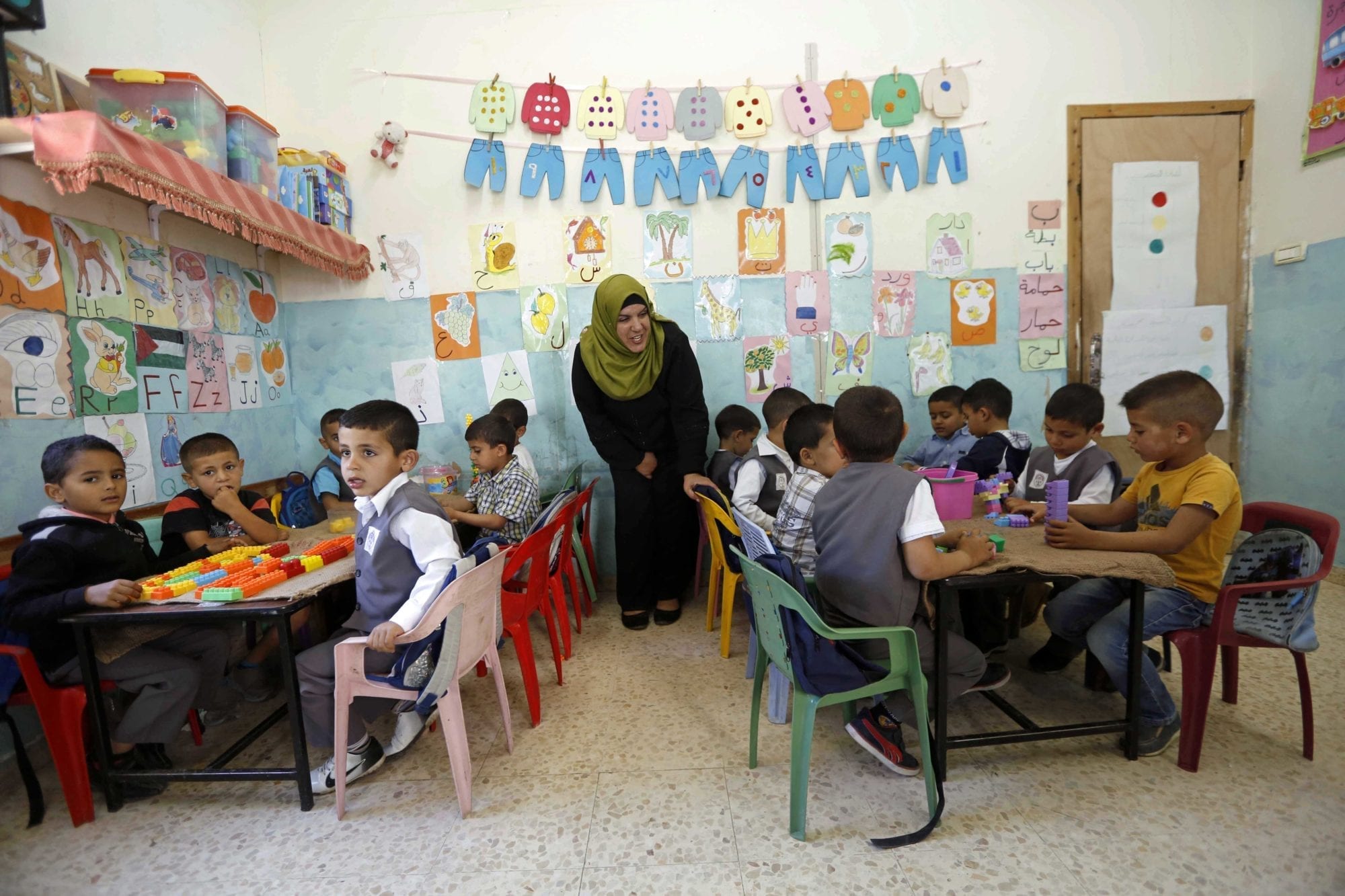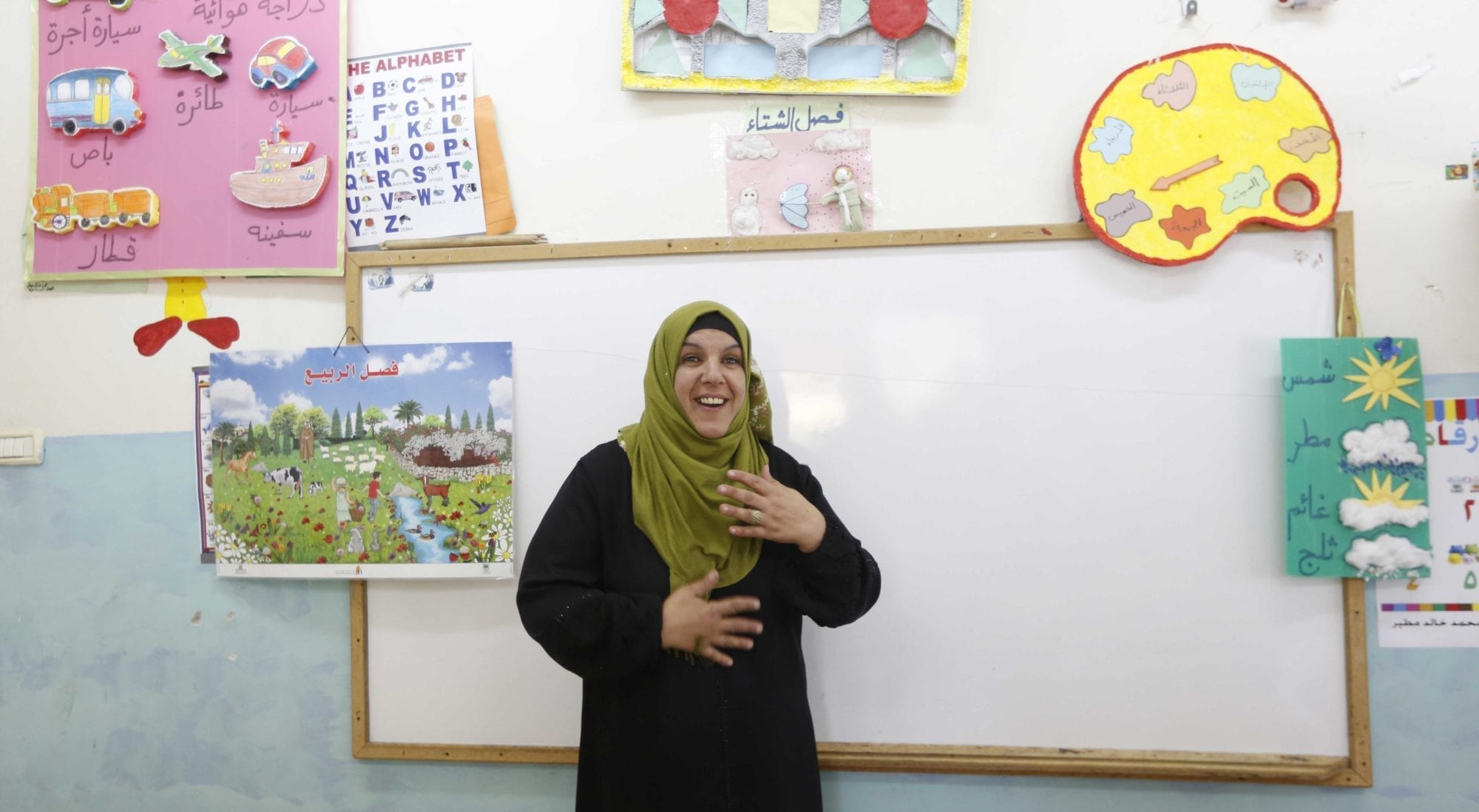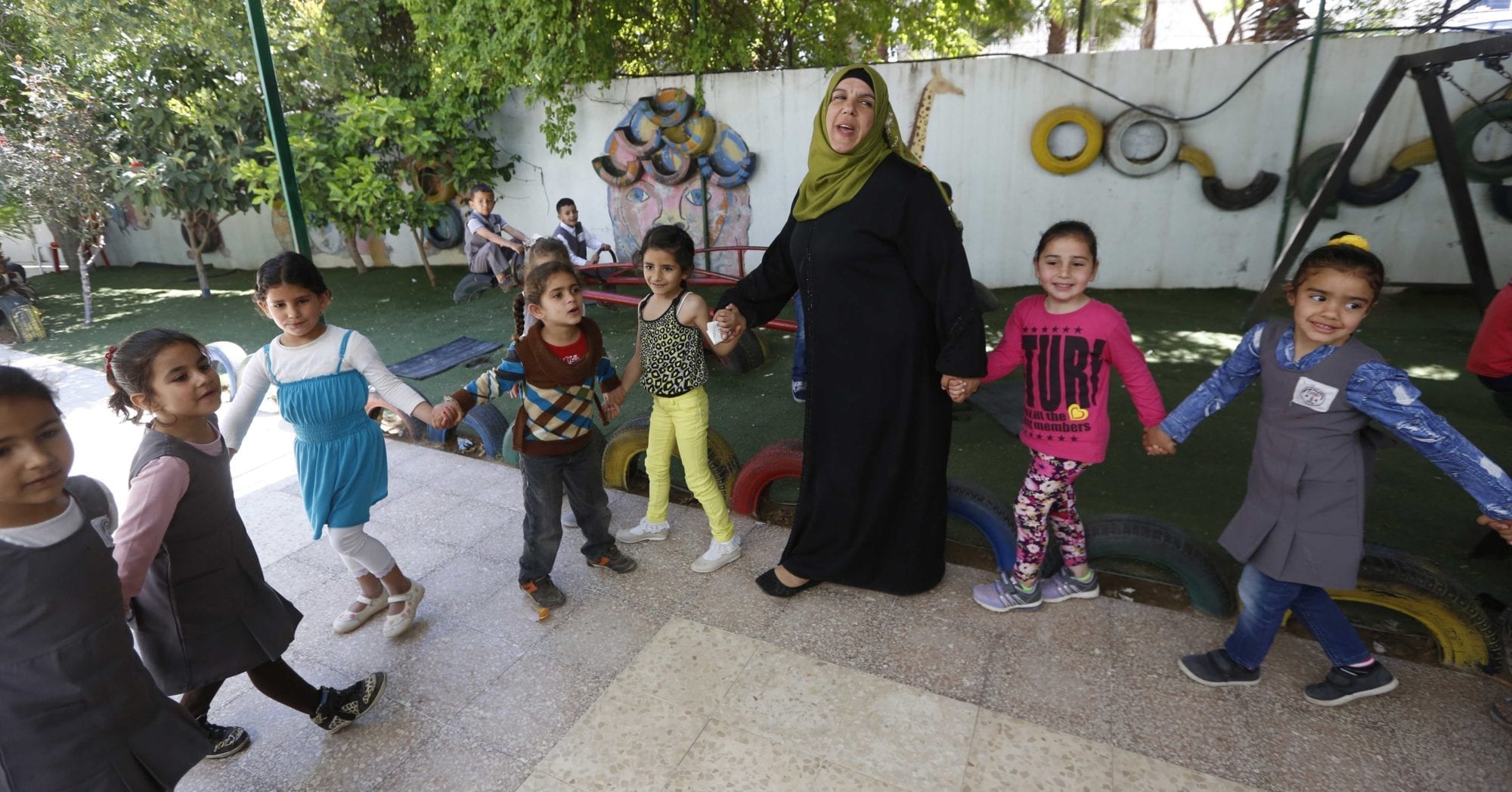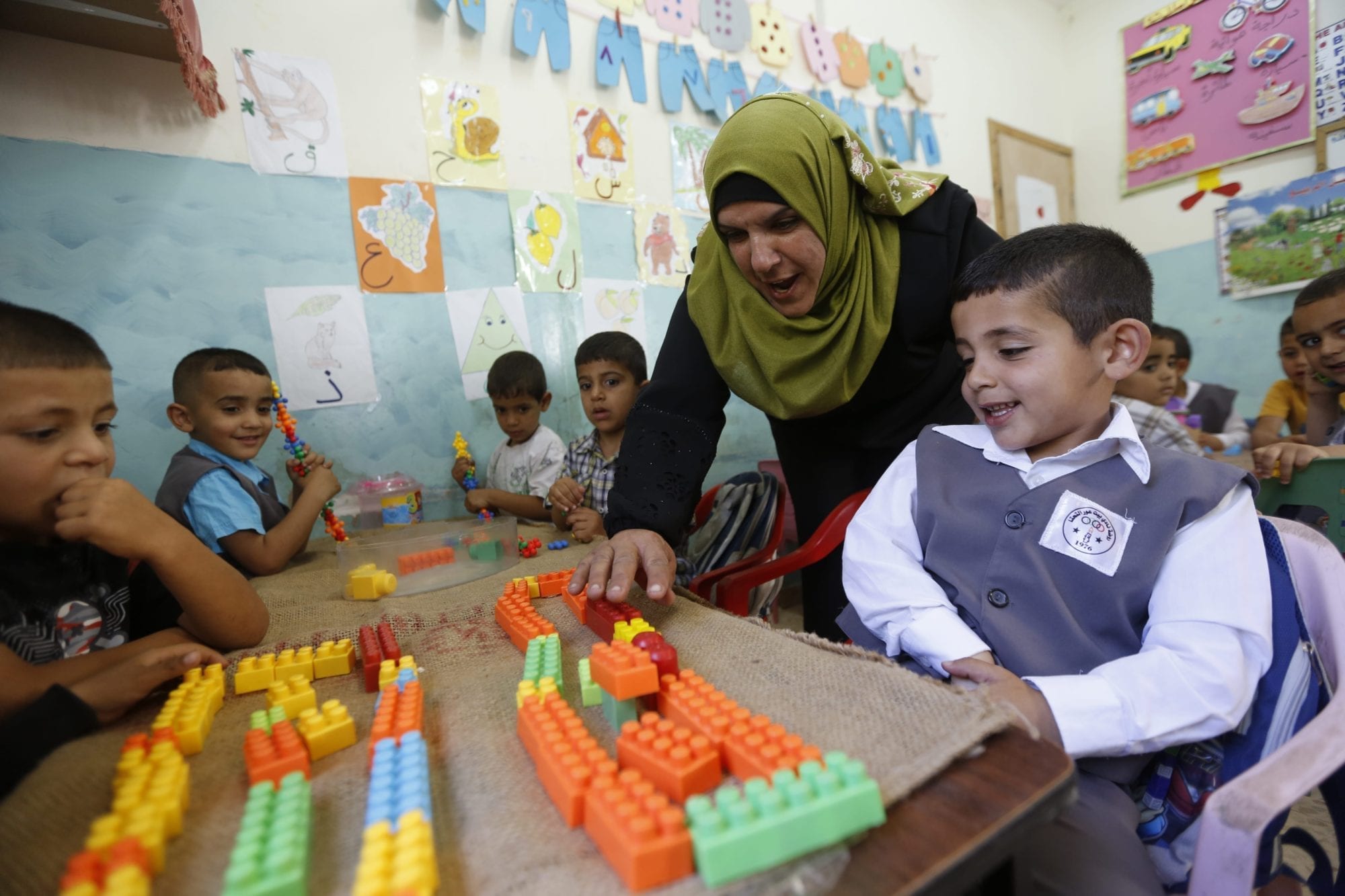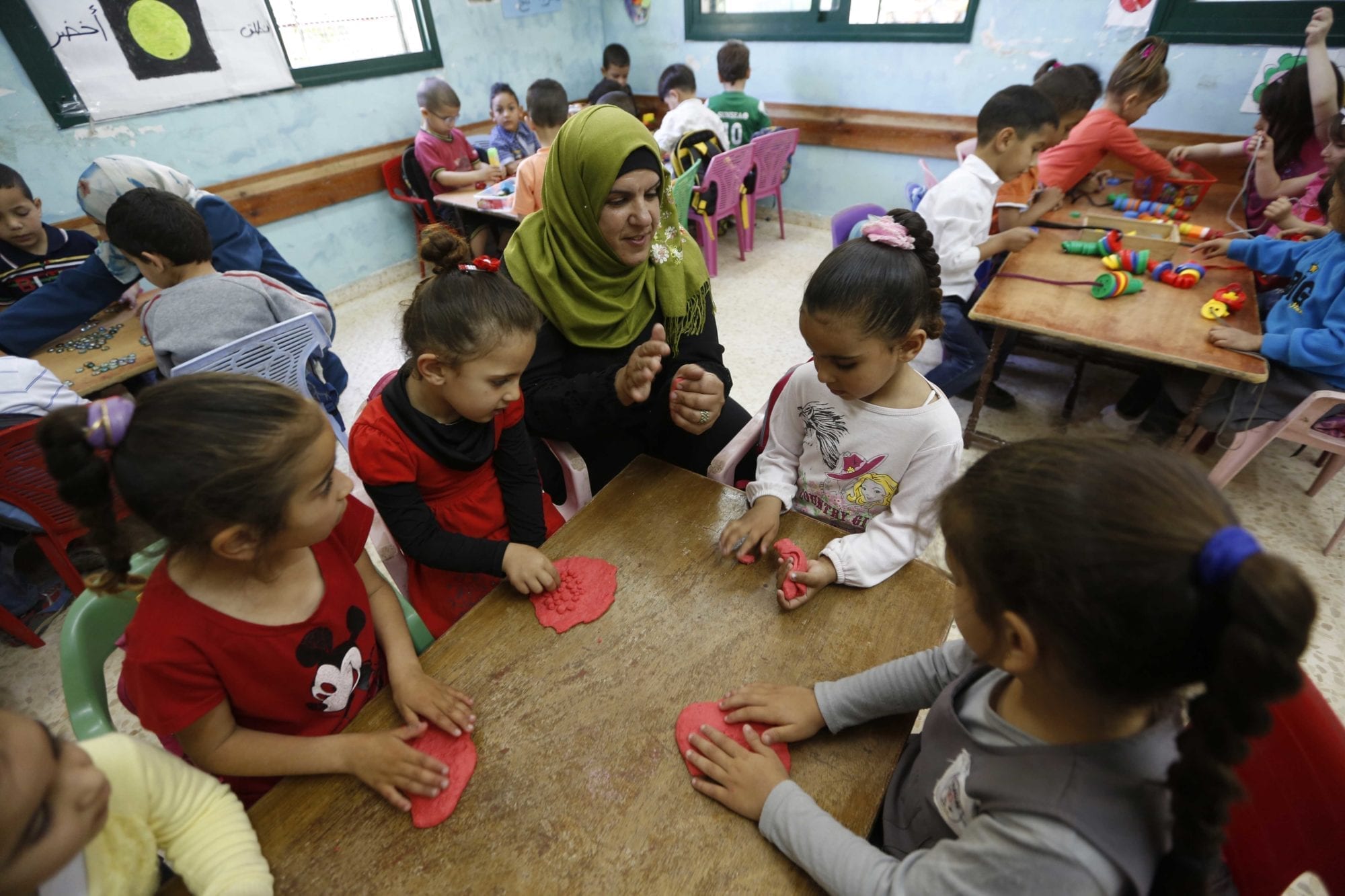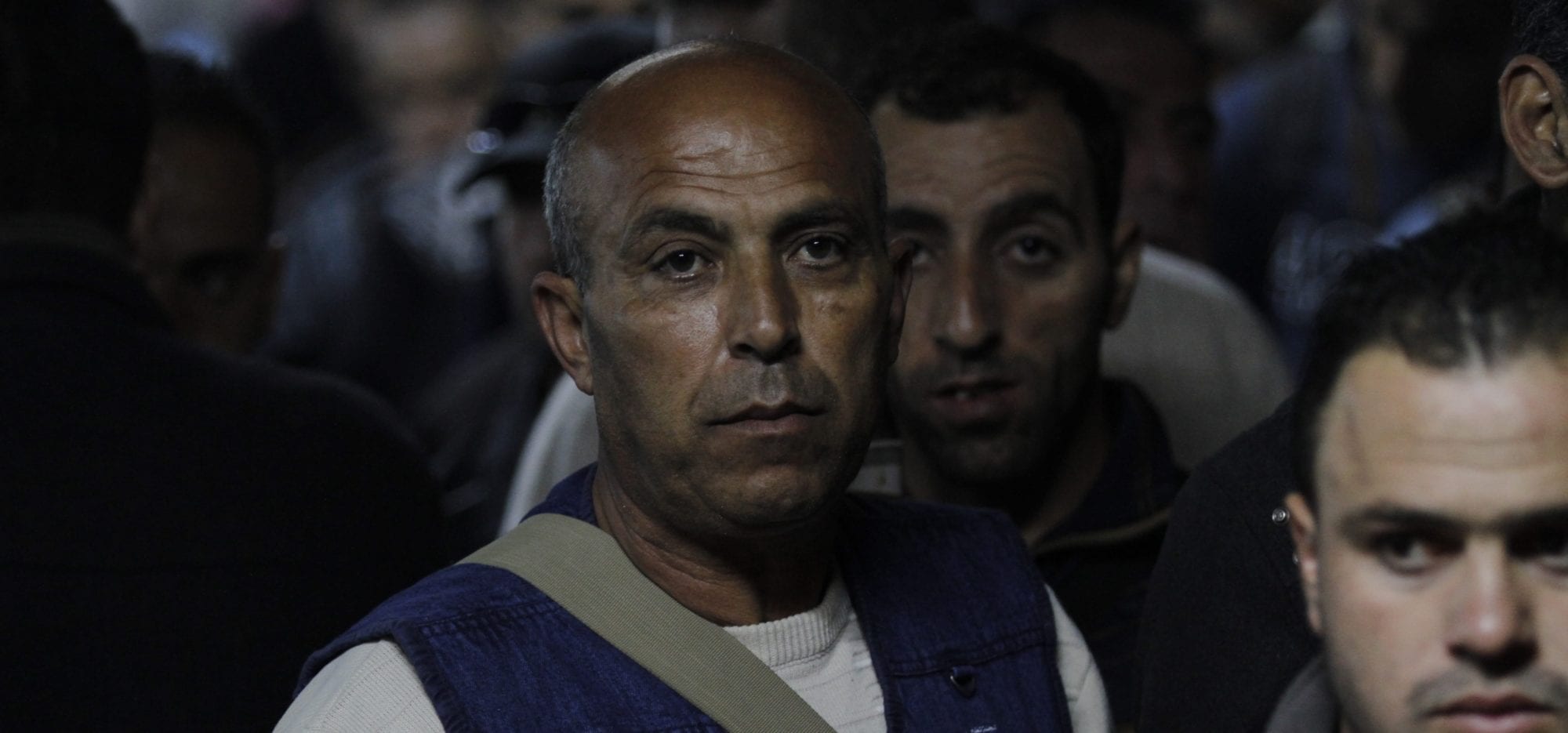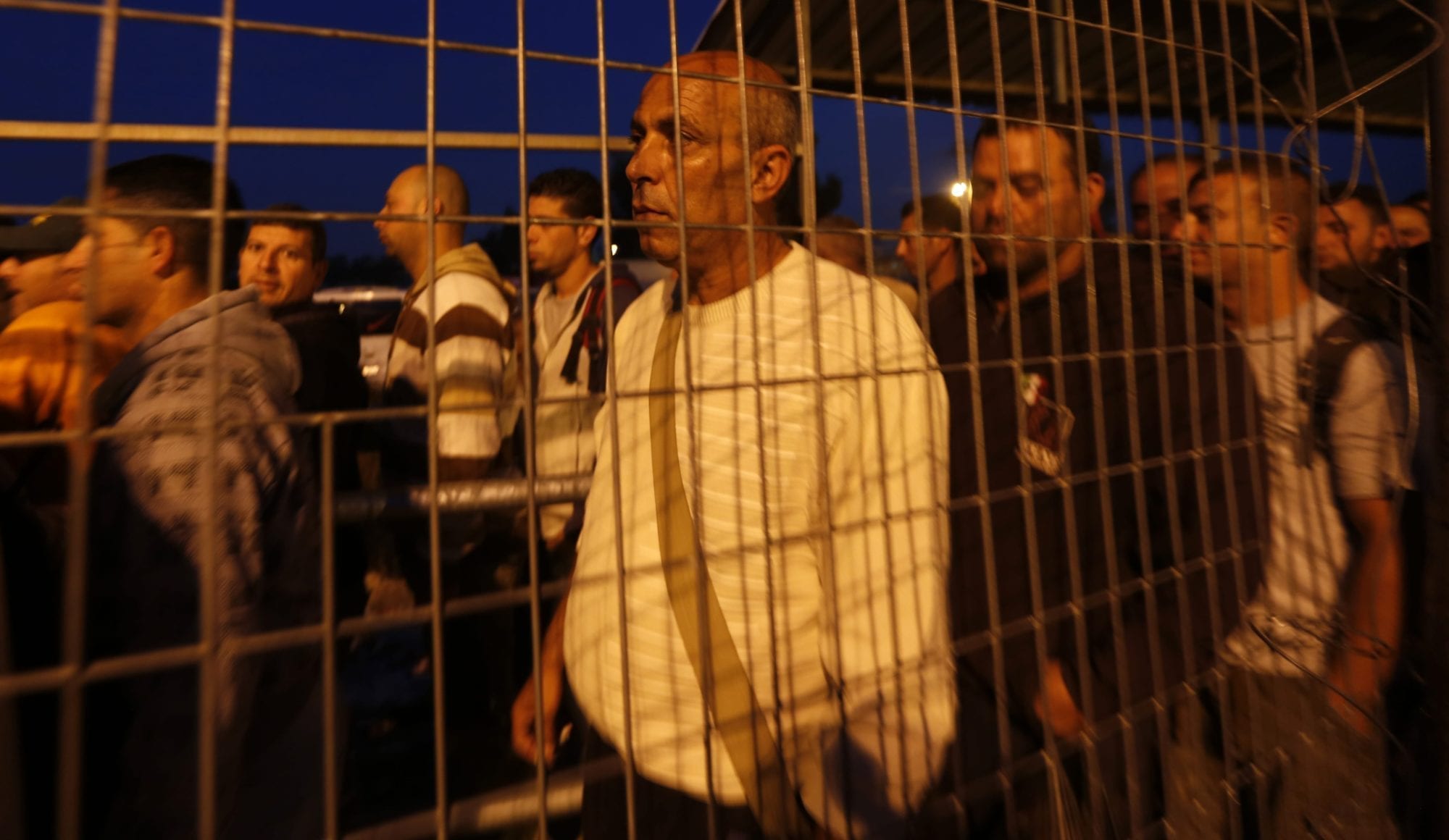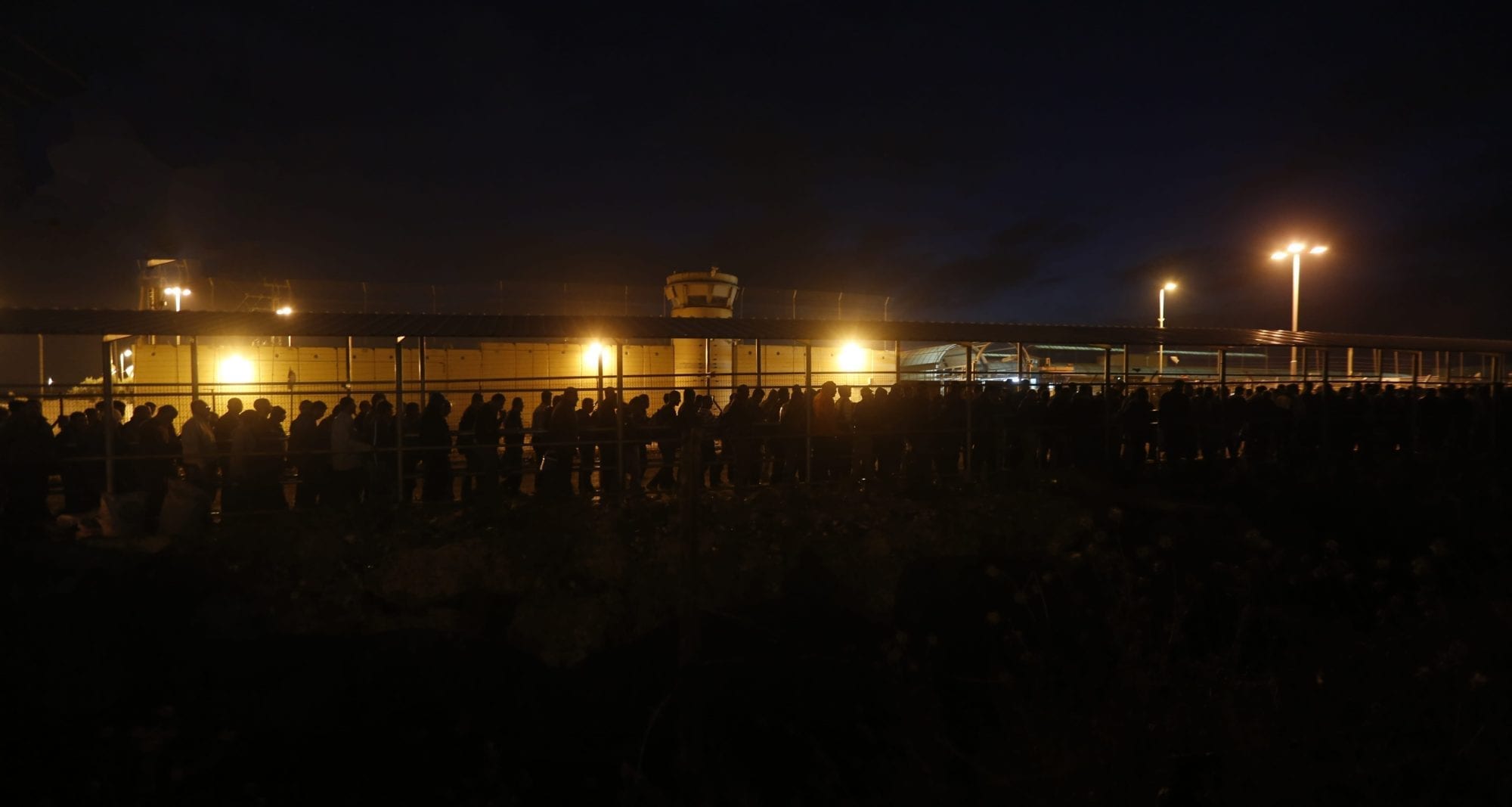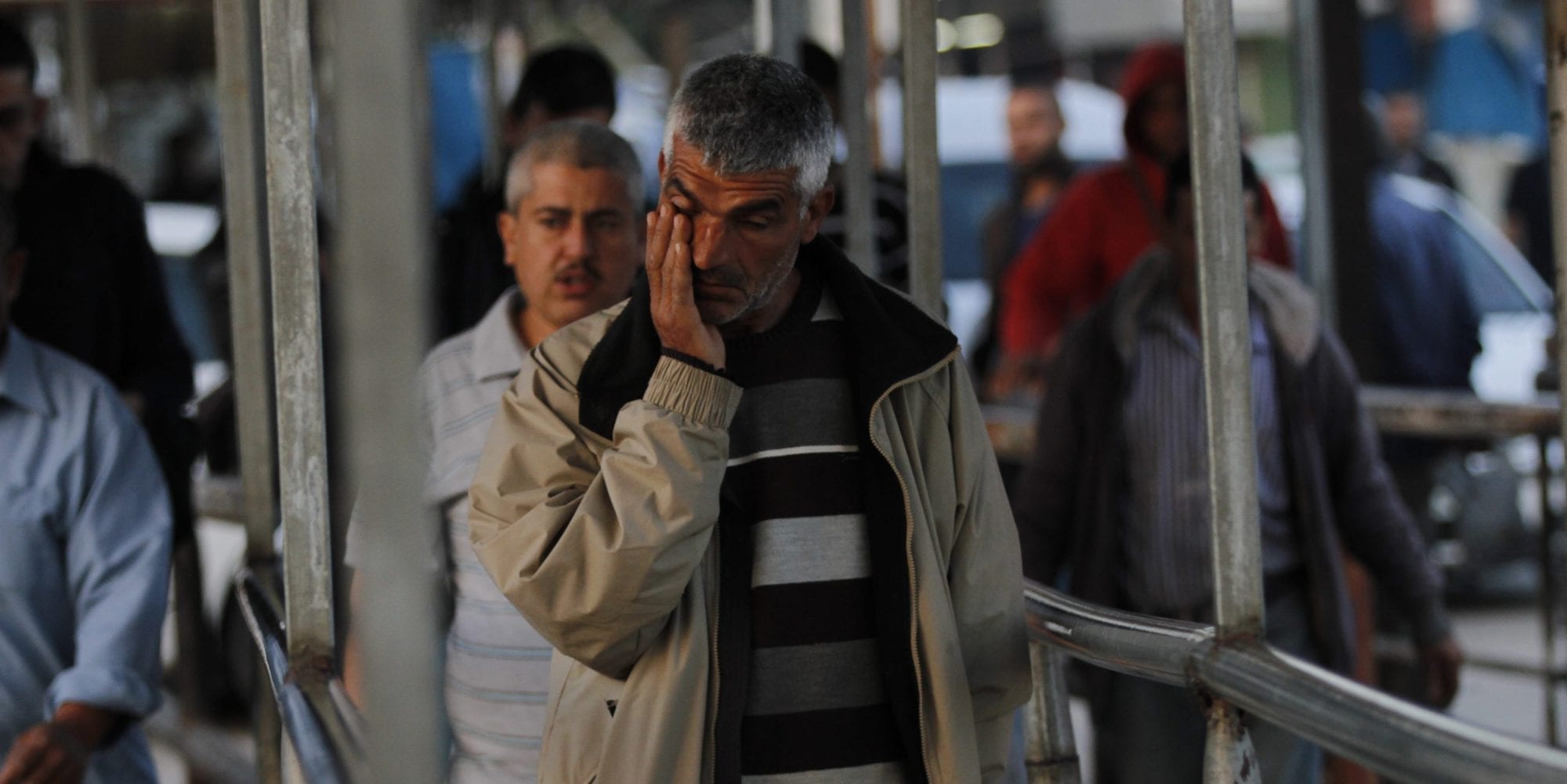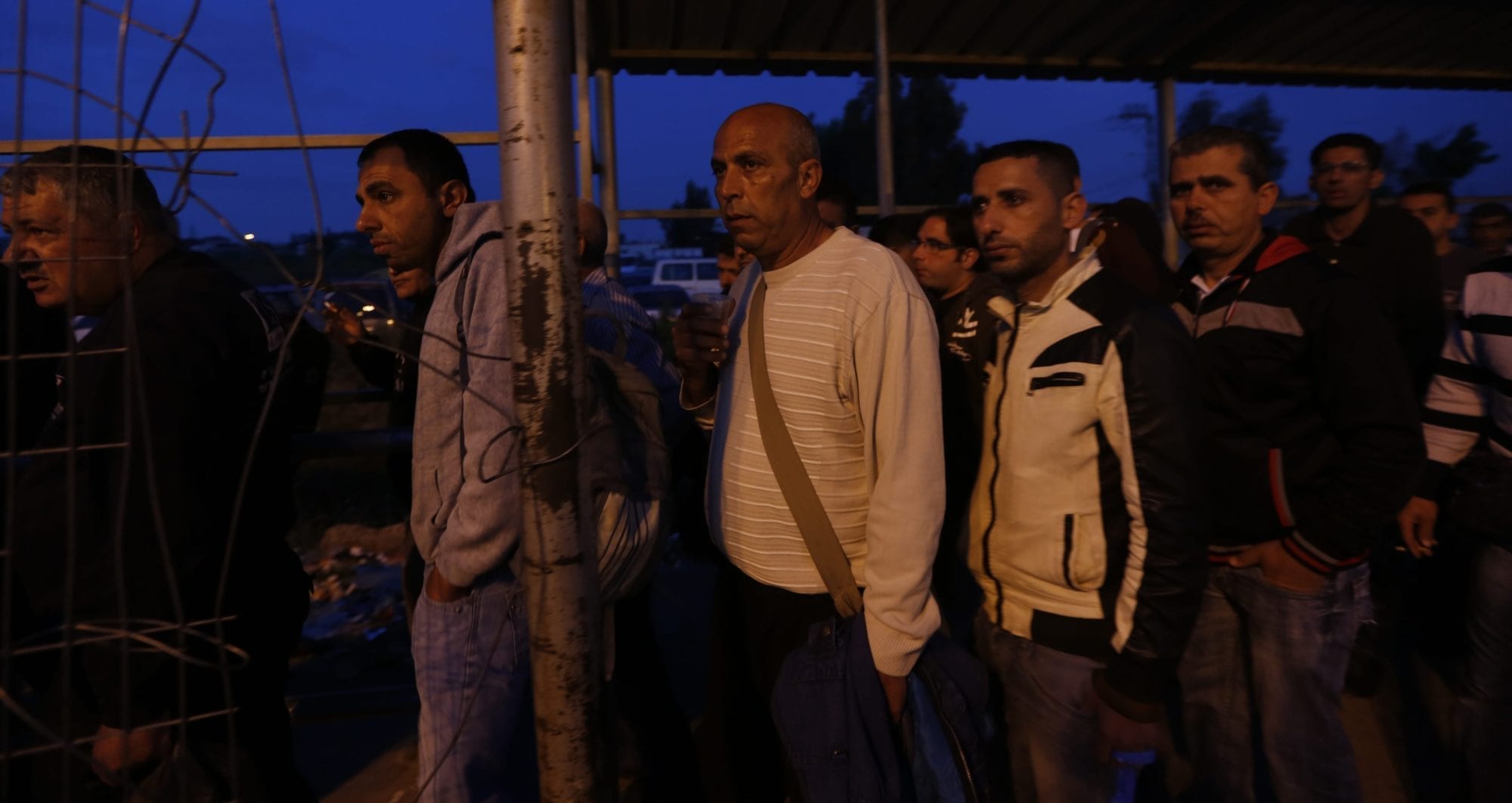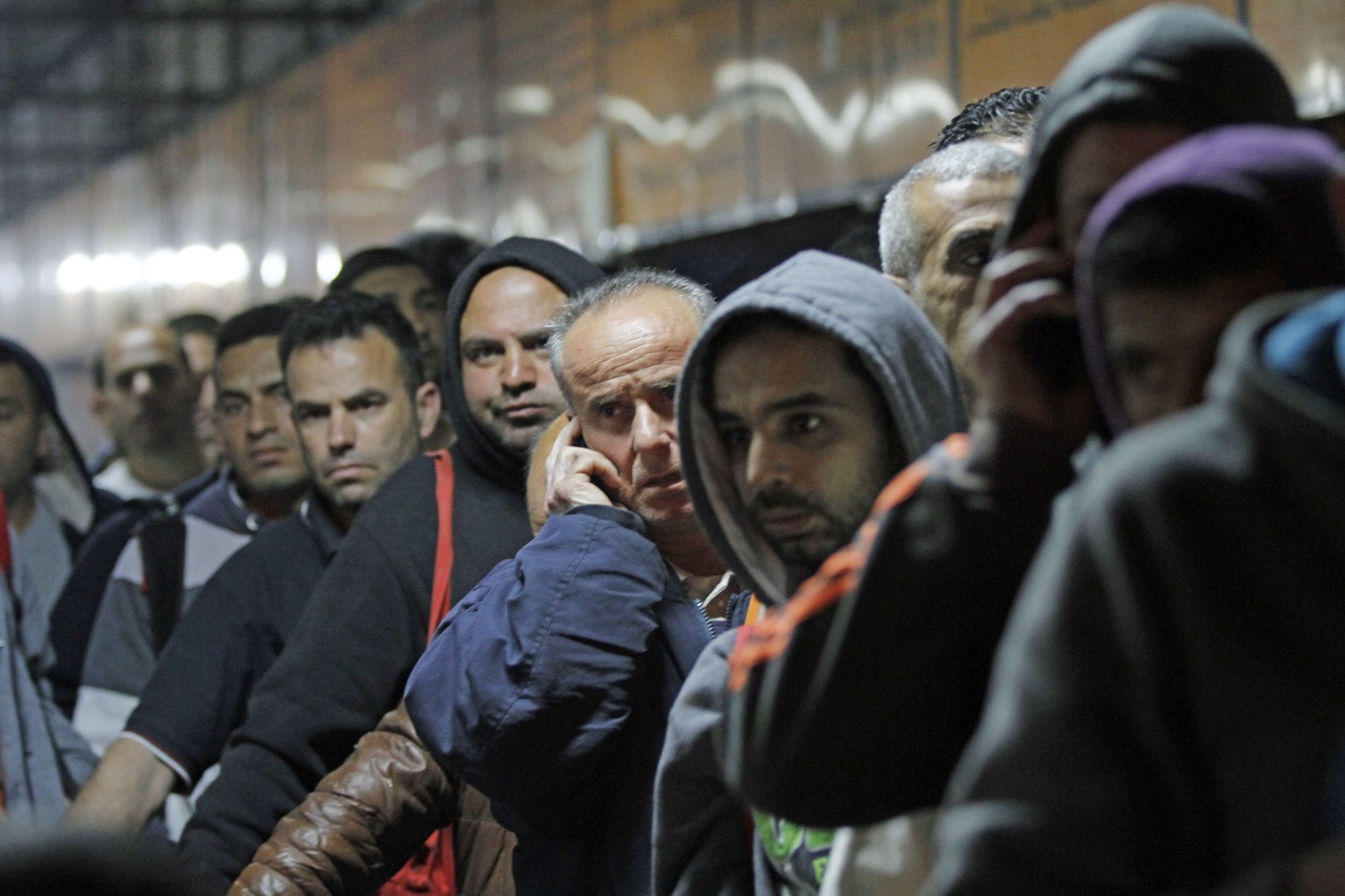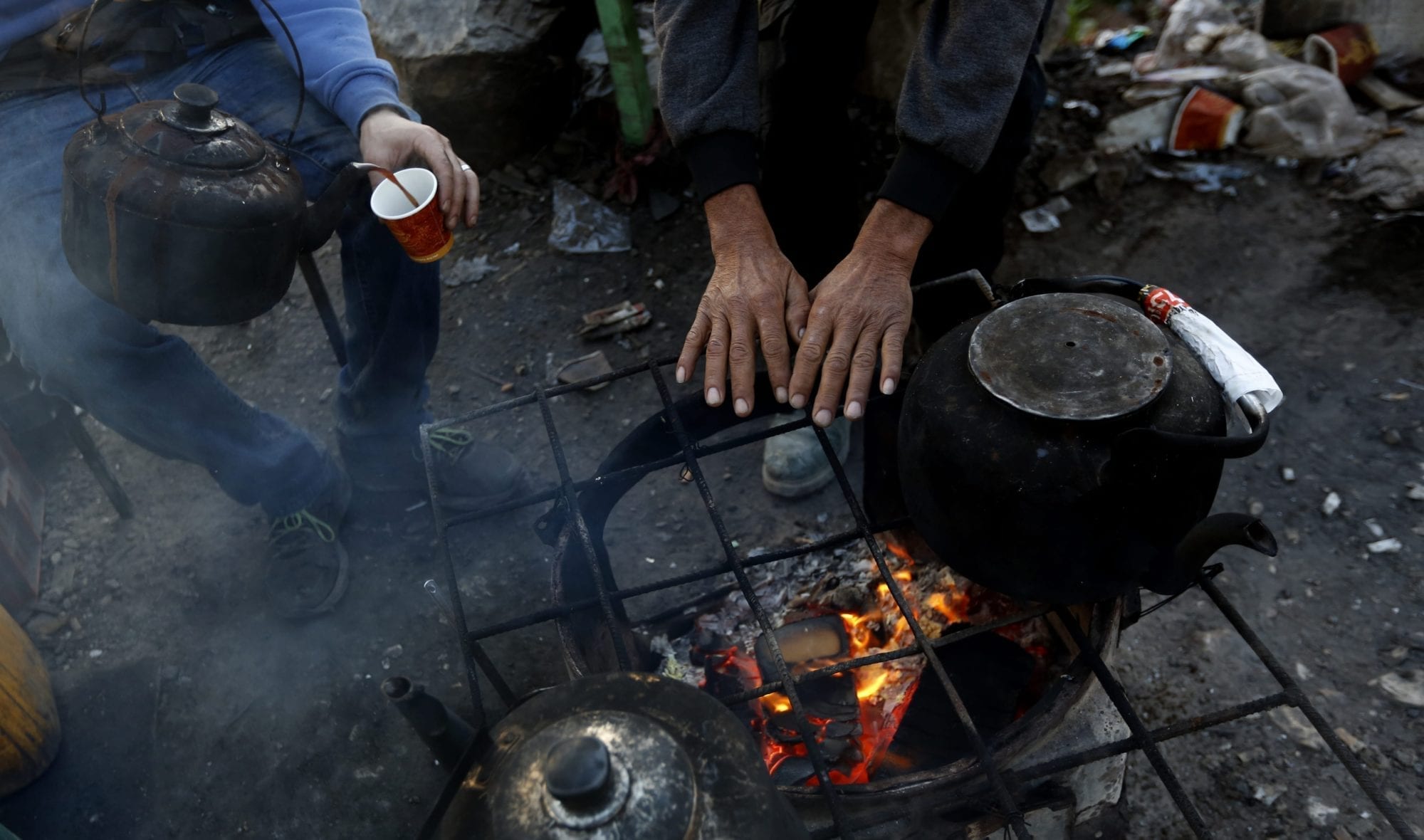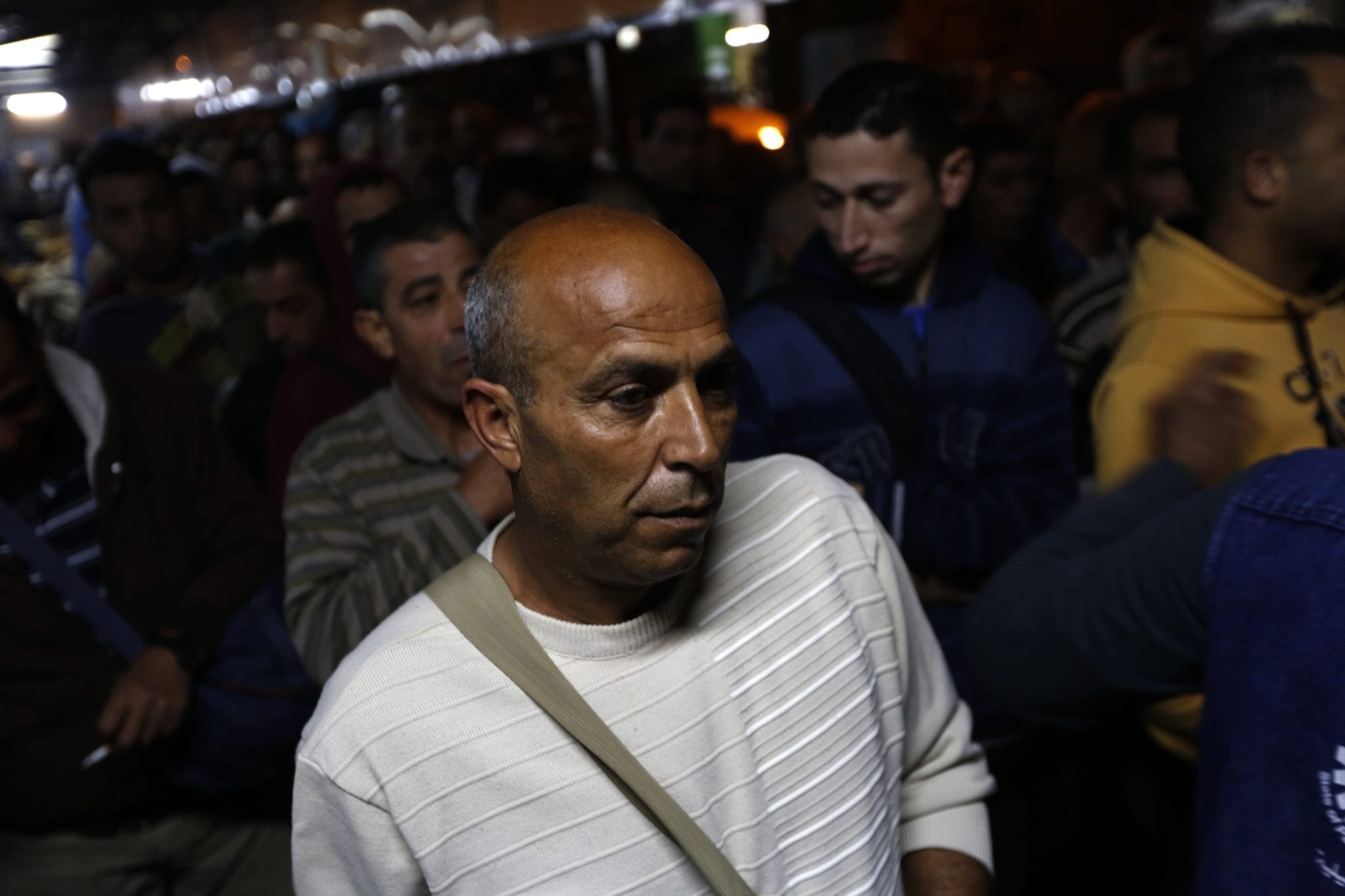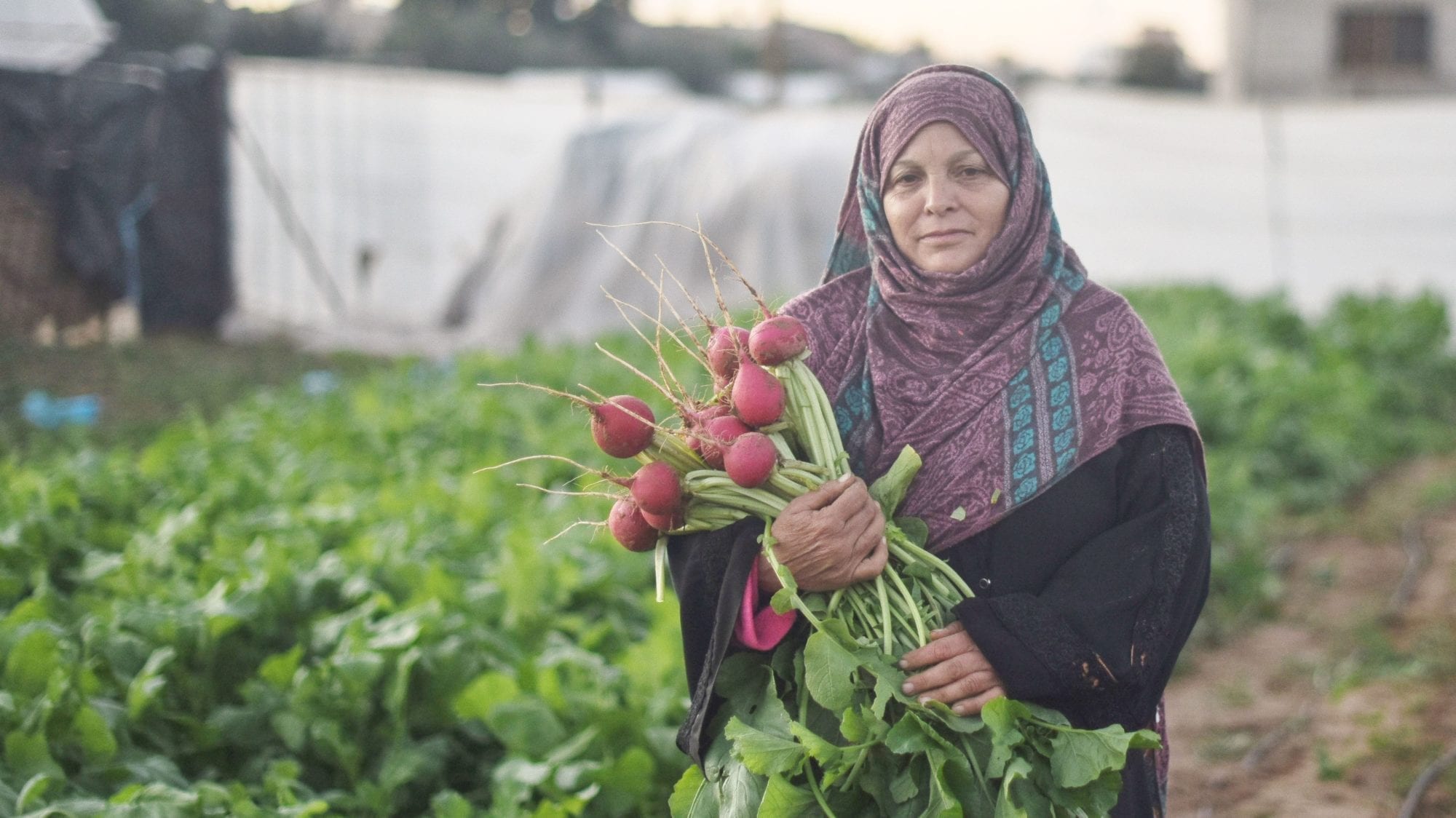
Apr 17, 2019
While all work has value, not every job is a “good job.” Millions of workers around the world, especially those in the informal sector, cannot enjoy the benefits of their own hard work and often are denied safe working conditions, social protections like health insurance, professional security and union rights and freedom.
The Solidarity Center partners with unions and other allies to support workers seeking to achieve decent work and dignity on the job, together. In Palestine, the Solidarity Center supports activists fighting for labor law enforcement and sustainable jobs, to improve the lives of all working people.
A new Solidarity Center photo essay, ’Sometimes I Am Lucky to Get A Task for Three Days’: Etaf Awdi Hamdi Eqdeeh, offers a look into the life of a mother and agricultural worker Etaf Awdi Hamdi Eqdeeh who lives and works in Khuza’a, near Khan Younis, Gaza.
Now in her 60s, Etaf visits area farms daily to look for any kind of temporary job because she cannot find a permanent job—and she helps support her multigenerational family.
“Sometimes I am lucky to get a task for three days,” she says.
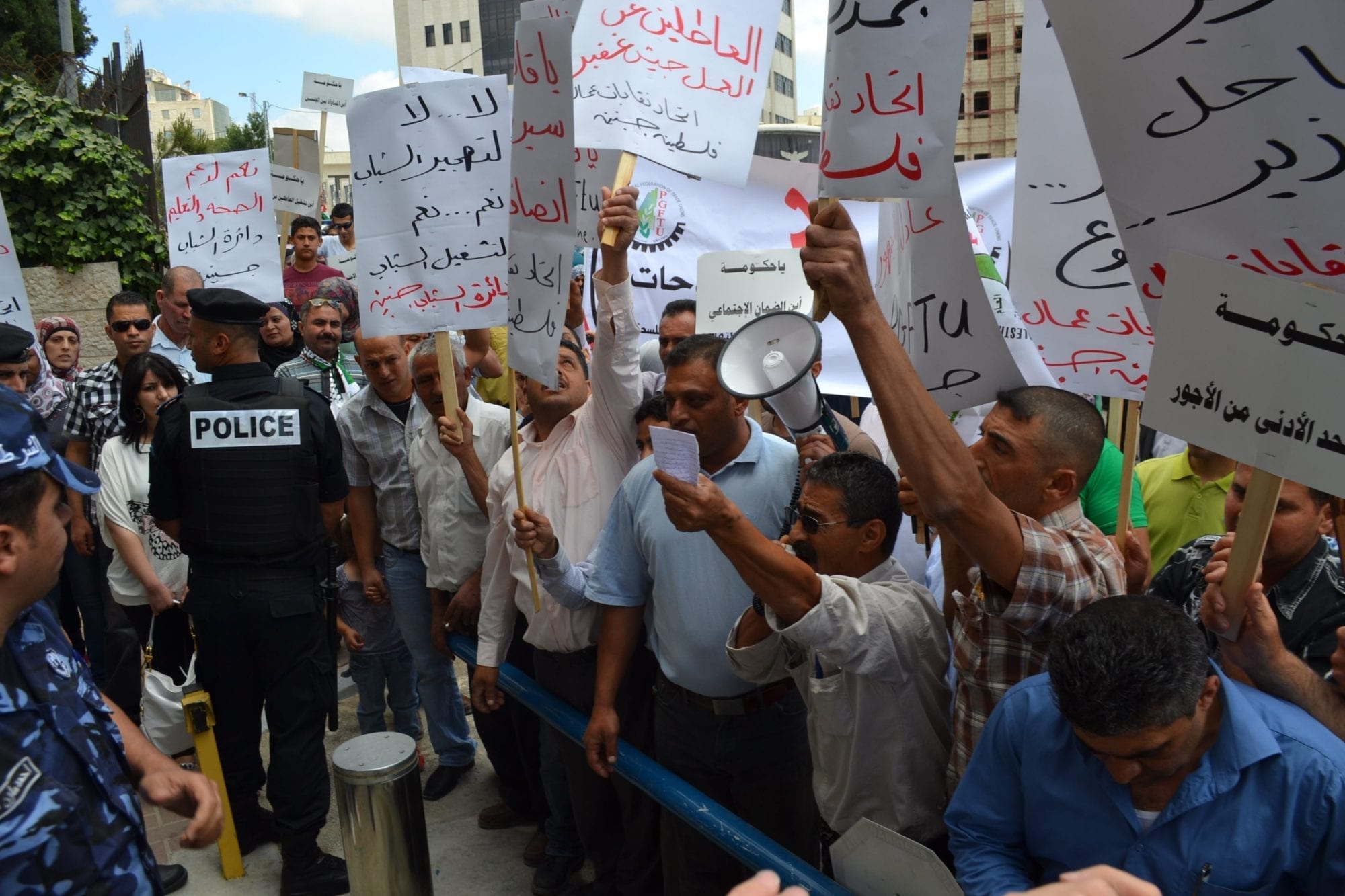
May 5, 2016
More than 300 the Palestinian General Federation of Trade Unions (PGFTU) members took part in the PGFTU Congress in Nablus late last month, where delegates voted to boost representation of women and reinforced the federation’s commitment to worker rights. They were joined by representatives from 16 international organizations, including the International Trade Union Confederation (ITUC), the Solidarity Center and the International Labor Organization (ILO).
Delegates at PGFTU’s Fifth Congress voted to increase from 20 percent to 30 percent the representation of women across all PGFTU bodies over the next four years; agreed to enforce Palestine’s minimum wage law and work to make it a living wage; and reinforced the PGFTU’s stance in defending the freedom to form unions.
Also during the three-day conference, PGFTU General Council members elected Shaher Saad as secretary general and voted in 24 representatives of national general unions, including four women, to the executive committee, along with seven men and women unionists to the financial and administrative audit committee. All will serve four-year terms. The elections were observed by representations from the ILO, the Arab Labor Organization and U.S. and European trade unions and federations.
Delegates backed ongoing dialogue with allies as the PGFTU campaigns for fair labor laws that guarantee decent work for workers and a fair social security law for workers and their families. In ensuring that women make up 30 percent of the federation’s leadership, delegates seek to guarantee their input in designing labor policies and executing union resolutions and reinforced their commitment to promoting the role of Palestinian working women as a key force in the national and local markets.
Participants also emphasized the need to network with civil society organizations and legal groups that to work toward establishing a democratic and transparent civil society.
In his remarks, Saad said workers will achieve social justice and fairness through a strong and independent trade union movement that seeks to elevate workers’ voices and protect him from exploitation.
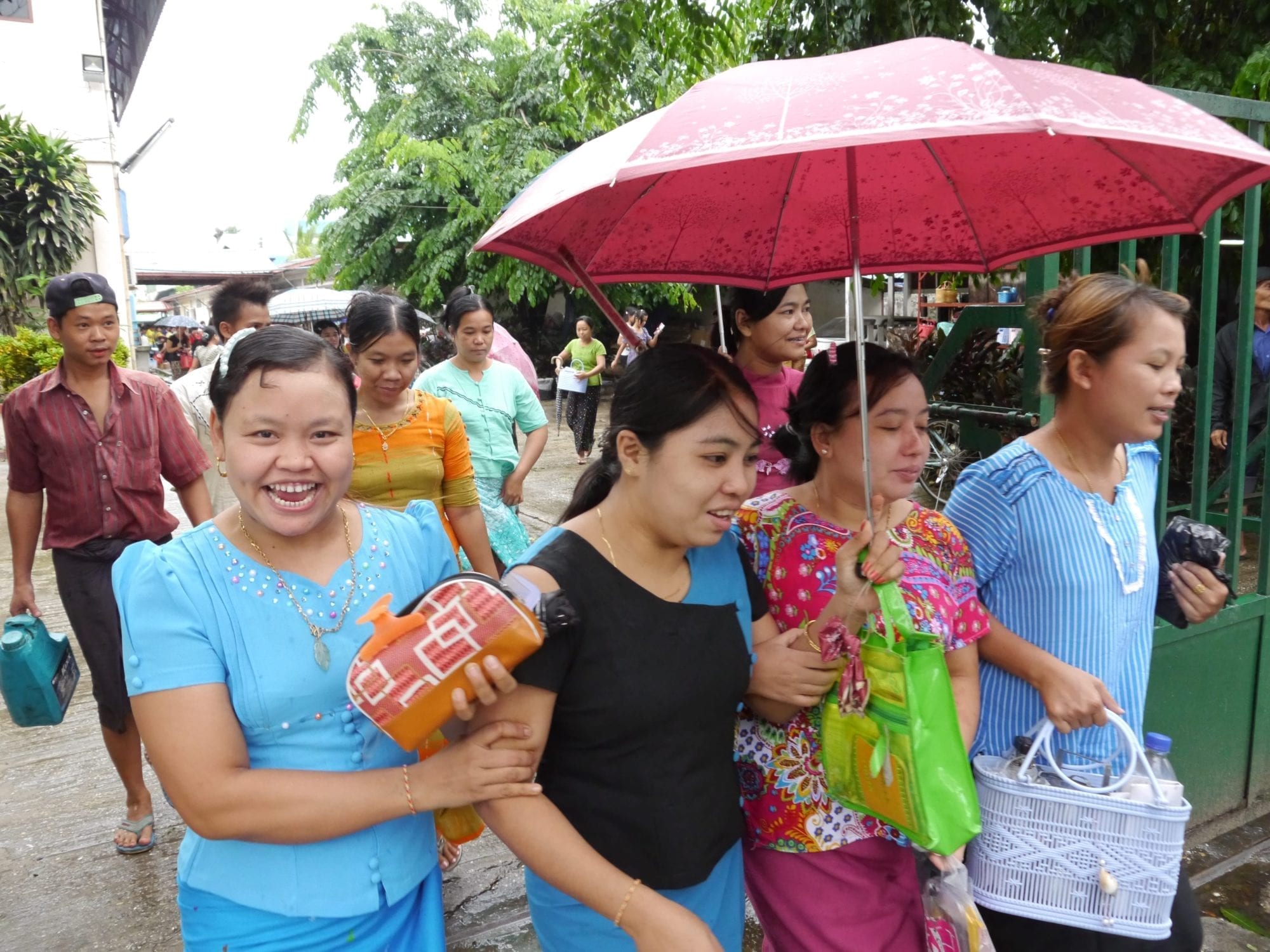
Jan 6, 2016
Whether building a towering office building in downtown Zimbabwe, sewing garments in a Bangladesh factory or digging for phosphate in Mexico mines, the world’s unsung working people demonstrate, time and again, the dignity of work. Here, we celebrate some of the amazing women and men we partnered with in 2015, and showcase their efforts to improve their lives and livelihoods and tip the scales toward greater equality in their countries.
As Mervat Jumhawi, a former garment worker and union organizer working with the Solidarity Center in Jordan, described her own experience: “When I became member of the union, I became stronger.”
[portfolio_slideshow id=6893]
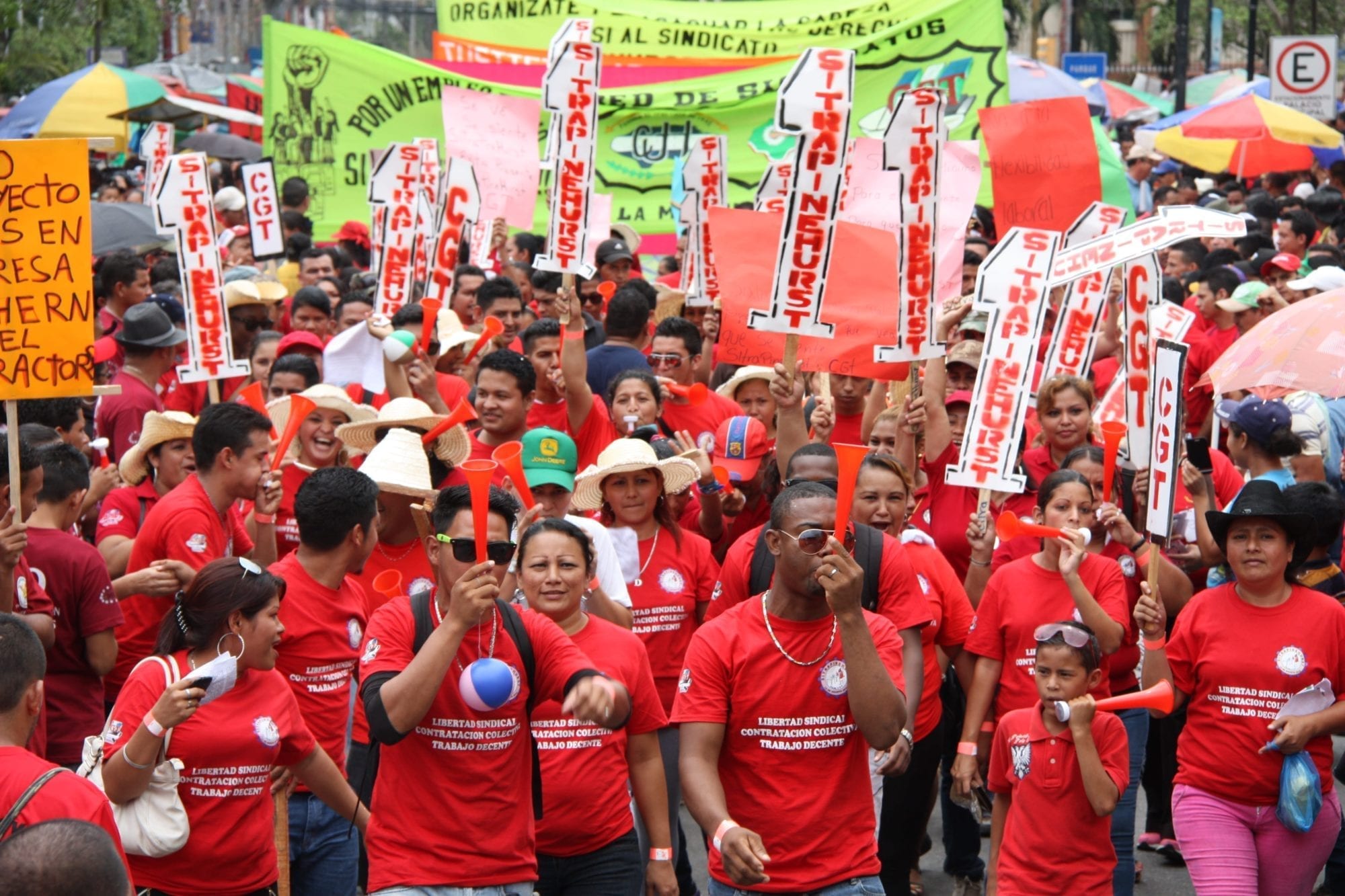
May 5, 2015
Hundreds of thousands of workers and their unions around the world marked International Workers Day May 1. For many, the day provided a time to push for living wages and safe workplaces. Yet this year, governments in some countries like Bahrain and Swaziland banned May Day celebrations or threatened workers with retaliation if they turned out—and some brave workers defied these edicts to exercise their freedom to gather in public spaces.
Elsewhere, workers like those in Bangladesh who often are prevented from forming unions or exercising their fundamental worker rights, called for the freedom to join unions and correct workplace injustices.
Sumi Begum, 25, a Bangladeshi garment worker, says that she and other workers at her factory have not received salaries or overtime pay for the past two months, but they cannot raise the issue with the manager because they fear they would be terminated if they did so.
“Garment factories that have union are not facing these kinds of problems,” she says. “The condition of those garment industries is much better than ours.”
[portfolio_slideshow id=4427]


